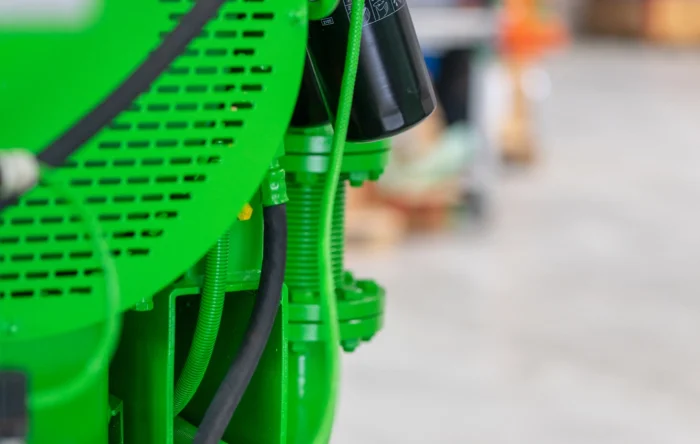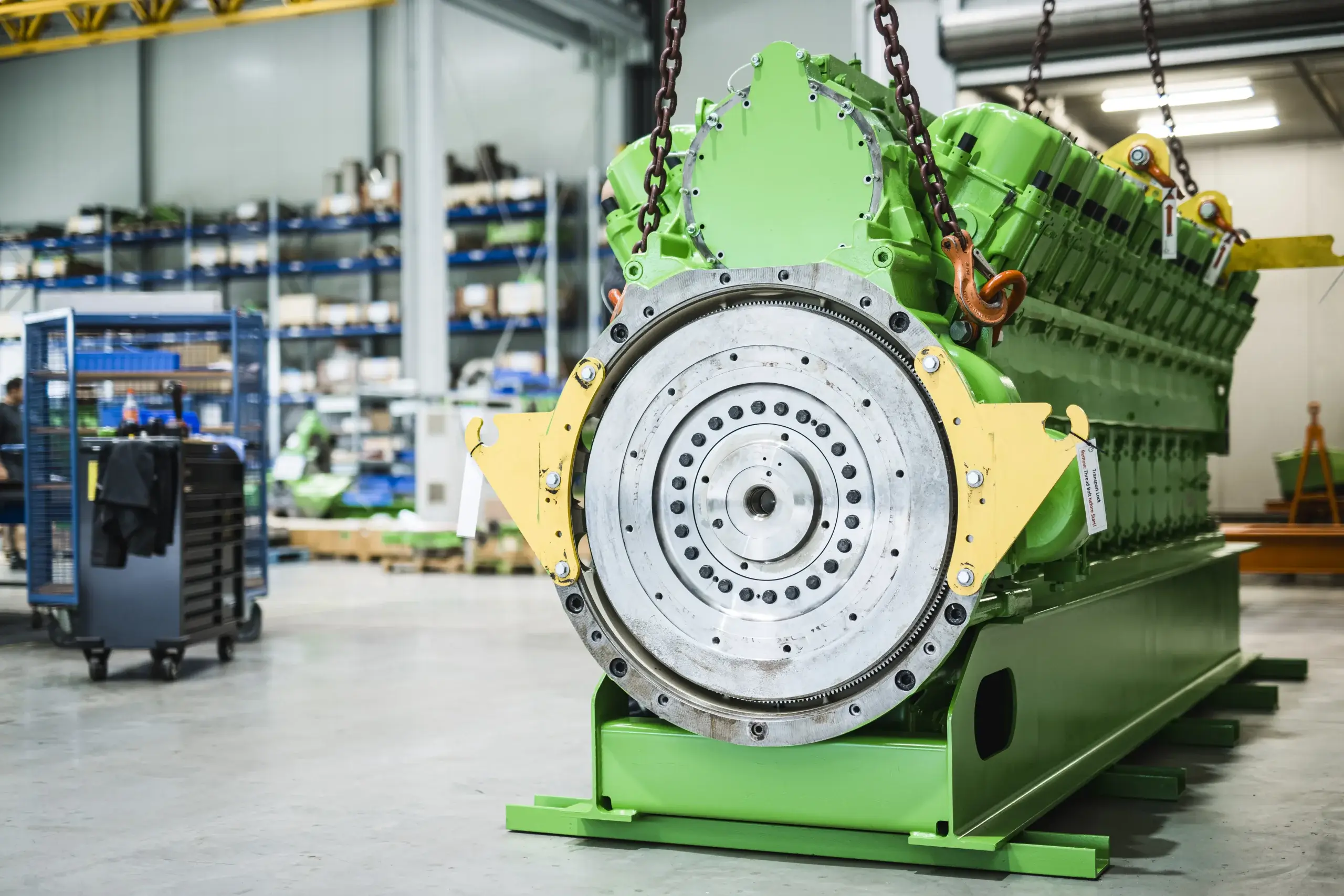5 advantages of remanufactured gas engine spare parts and components

Remanufactured gas engine spare parts and components have become an essential part of maintenance strategies in industrial gas engine operations. As energy systems grow more complex and uptime becomes critical, many operators now turn to remanufactured parts – not as a fallback, but as a deliberate, cost-effective choice. When backed by a condition-based overhaul strategy, reman gas engine spare parts offer reliable performance, technical consistency, and financial efficiency, all while aligning with long-term sustainability goals.
Below, we highlight five key advantages of integrating remanufactured parts and components into your gas engine operation.
1. Cost savings without compromising quality
One of the most compelling advantages of remanufactured components is the cost-benefit ratio. Compared to new parts, remanufactured gas engine spare parts typically come at a significantly lower price point – without sacrificing quality or function.
When remanufacturing is done professionally, each component is carefully inspected, machined, and rebuilt to meet original equipment manufacturer (OEM) specifications. This ensures that parts such as cylinder heads or pistons perform as reliably as new components. For operators managing multiple units or complex facilities, the savings scale quickly, making it a smart option for both scheduled maintenance and unplanned repairs.
2. Environmental benefits and resource efficiency
Remanufacturing is not only a business decision – it’s an environmental one. By reusing existing materials, the remanufacturing process conserves energy and raw resources that would otherwise go into producing entirely new parts.
This practice helps reduce waste, lowers the demand for raw materials like steel or aluminum, and significantly cuts down on the carbon emissions associated with full-scale production. For companies prioritizing sustainability, remanufactured gas engine components support long-term environmental goals without compromising technical performance.
3. Availability and shorter lead times
In energy-critical operations, downtime is costly. One of the hidden advantages of remanufactured parts is their faster availability. While OEM production lines can require long lead times—especially for low-volume—remanufactured components are often stocked, ready, or quickly restorable.
This is particularly relevant for operators using older engine series or specialized gas engine applications, where new parts are either difficult to source or subject to global supply chain delays. Remanufactured spare parts reduce the wait and get your engine back up and running sooner.
4. Verified performance and compatibility
Remanufactured does not mean uncertainty. When conducted under a controlled, condition-based overhaul program – as offered by PowerUP – each component undergoes detailed inspection, cleaning, testing, and replacement where needed. Wear limits are measured against OEM standards, and tolerances are checked with precision.
This process ensures a high-quality outcome: parts that meet or exceed technical requirements, offer robust durability, and integrate seamlessly into the engine’s powertrain. From shortblocks to longblocks and gensets, performance and reliability are thoroughly validated.
5. Long-term maintenance support with condition-based strategy
For operators of gas engines, whether in power generation, farming biogas, or industrial applications, remanufactured components are an integral part of a sustainable maintenance strategy. Particularly when paired with a condition-based overhaul approach, they help extend the operational life of engines while keeping systems flexible and efficient.
Instead of full replacements or fixed-schedule overhauls, PowerUP focuses on actual wear and tear. This targeted method allows for tailored replacement of only the components that require attention, reducing waste and ensuring that each part delivers maximum value.
Final thoughts from PowerUP
Remanufactured gas engine parts reduce costs, support environmental goals, and keep systems running with fewer delays. Backed by PowerUP’s condition-based expertise and quality control, these components are a proven path to longer service life and better operational efficiency.
Looking for support with your engine’s next overhaul?















